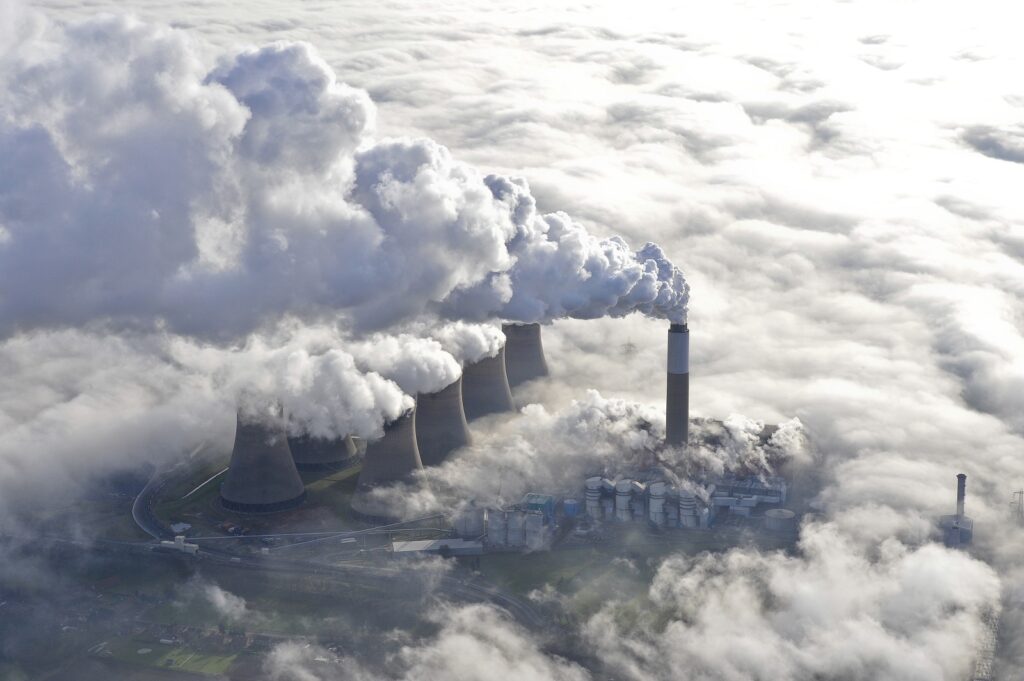Coal plants operated by Uniper, EDF and Drax may be closed later than originally planned following requests from the government.
Energy secretary Kwasi Kwarteng has written to the three energy firms to request they consider temporarily extending the operation of their coal plants.
In statements provided to Current±, both EDF and Drax said they were considering the request, but that no decisions had been made yet.
Uniper, meanwhile, confirmed that it has been asked by the government to explore the possibility of keeping its unit at Ratcliffe power station open for longer, with it currently due to close in September 2022. However, a spokesperson said they could not comment further.
Drax has been asked to consider options for a limited extension to its coal units at its power station near Selby in North Yorkshire beyond September, which it is “looking at carefully”.
While Drax stopped generating using coal in 2021, the units won’t be formally closed until September when their existing Capacity Market obligations end.
However, a spokesperson said the company remains focused on its plans to deploy bioenergy carbon capture and storage (BECCS).
EDF, meanwhile, has been asked to consider extending its West Burton A coal-fired power plant. Half of West Burton A was available over the recent winter to supply electricity during peak times, while the other half commenced decommissioning in summer 2021.
“The plan is to start decommissioning the final two units at the start of October 2022, and many processes have already been put in place to achieve that, including reducing the site’s staffing numbers and running down the coal stock.
“EDF has recently been asked by the UK government to consider what it would take to make West Burton A available next Winter and this remains under discussion. A decision would be necessary in the coming weeks to enable this to happen,” a spokesperson for the company said.
Energy security is a key focus of the government currently, with power prices soaring since late summer last year. This has been exacerbated by Russia’s invasion of Ukraine, leading to the government publishing its British Energy Security Strategy earlier this month.
This included expanding offshore wind targets by 10GW and a new target of up to 24GW of nuclear by 2050.
A government spokesperson said: “In light of Russia’s illegal invasion of Ukraine, it is right that we explore a wide range of options to further bolster our energy security and domestic supply.
“That’s why we are exploring slightly extending the life of our remaining coal-fired power stations to provide additional back up electricity this coming winter if needed.”
The spokesperson added that the government remains committed to ending the use of coal power by October 2024. This was a target announced in June 2021, having previously been set at 2025.
However, coal-fired generation has been in steep decline in Britain over recent years, with several coal-fired plants closing, including SSE’s Fiddler’s Ferry and RWE’s Aberthaw B.
With EDF’s and Drax’s coal-fired generation plants expected to close this year unless an extension is agreed upon, it is expected that Ratcliffe will be the last coal-fired power station in Britain.
It follows increasing periods of coal-free generation over recent years, with coal staying off the system for over two months in 2020 – breaking the previous record of 18 days in 2019.






